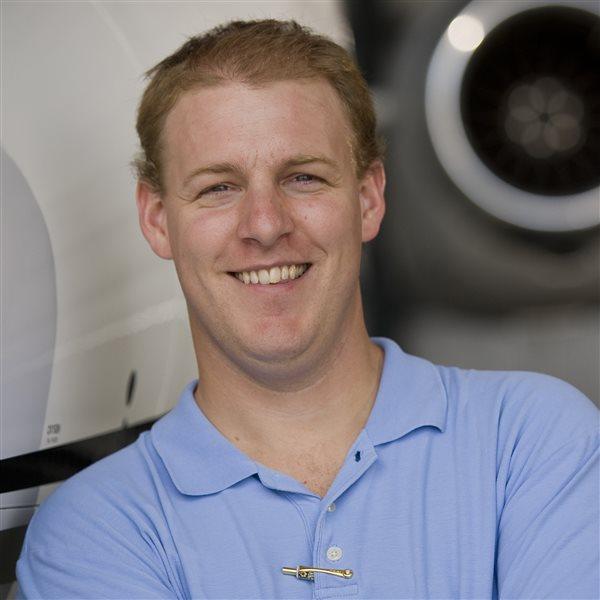There are multiple ways to grow a flight school. One method is to make big investments based on a concrete plan. Another is to run it like you would your household budget, and only spend what you can afford that day. Call it the conservative approach. For many small-town flight schools without access to large amounts of capital, that is the only way to do it.
Kelby Ferwerda is a big believer in the slow and steady approach. Ferwerda owns Rochester Aviation in New Hampshire. It’s a blue-collar area that is littered with small, iconic New England towns. So it’s only natural that Ferwerda has grown Rochester Aviation from a one-man, one-airplane school to a modest four airplanes and six instructors using a strong sense of community as its primary driver.
Name: Rochester Aviation
Year founded: 2009
Owner: Kelby Ferwerda
Where: Skyhaven Airport (DAW), Rochester, New Hampshire
Fleet: 4
CFIs: 6
Competition: 6-7 schools within 30-mile radius
Growth: 30 percent to 50 percent per month, year over year
“You already have something in common that people love,” he says. The key is to foster it in as many ways as you can. Rochester Aviation hosts barbecues, has an active Facebook presence, features pictures of successful students on its website, and runs a few unique contests.
The school holds at least one school-wide contest a year. The most recent event encouraged students and certificated pilots to challenge themselves at a Class C airport, a short island airport, a Class B transition, and more. A previous contest focused on flying out to various airports that had great airport restaurants or attractions nearby. The money raised from the contests goes to a flight training scholarship, and a closing dinner is held to bring everyone together.
Even though it’s clear that students and certificated pilots interact with these events and build friendships (and thus bonds to the activity), the real secret is that by participating, each pilot is learning how to use an airplane for fun and adventure outside the flight training curriculum—a skill most training providers largely ignore. So if you sum up the benefits of one event you find community building, rental income, student retention, pilot retention, a scholarship fund, and a little friendly competition amongst pilots. Saying it’s a win-win situation wouldn’t be giving it enough credit.
The events are an extension of Ferwerda’s general operating philosophy, which is to make people feel involved. He sees the initial student contact as a critical opportunity, even if that person is a long-term prospect. “It was obvious I had to talk to everyone whether I thought they were going to be a student or not,” Ferwerda says of his early days in business. What he found was that eventually students now on the schedule would come in just to hang out. “We get a ton of students simply by saying hello when they walk in the door,” he says. “We make them feel like they belong.”
Although Rochester Aviation’s competition isn’t as stiff as some, there are “six or seven” flight schools within a 30-mile radius, and Ferwerda prides himself on the fact that some of his students drive an hour to fly with them. Most of the students are from working-class neighborhoods, he says. The majority of leads come from word of mouth or walk-ins. Ferwerda has tried print ads, with zero success. He said a booth at airshows has been a better driver. “We get big gains from the website,” he says.
Like the rest of his operation, Ferwerda keeps his marketing budget conservative. “The business has to be able to support the infrastructure before I provide the infrastructure,” he says. He thinks flight schools fail from letting costs get out of control. For those who may think that’s small thinking, consider that he started the school with a $5,000 investment, but he now has four months’ worth of cash in the bank. If you’ve ever been to New Hampshire in the winter you’d understand why.
By sticking to the stereotypical New England values of conservative spending and a strong community, Ferwerda has grown Rochester Aviation from a lonely guy in the back corner of an office on a practically abandoned airport to a thriving school that’s bringing and, more importantly, keeping people engaged in aviation.



